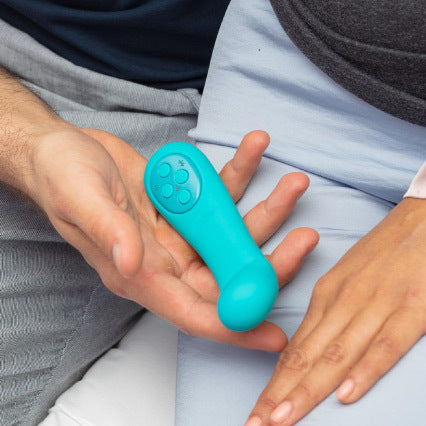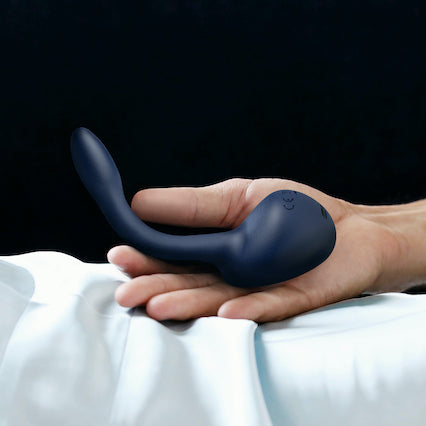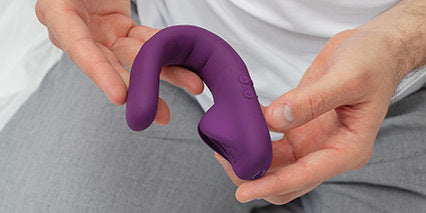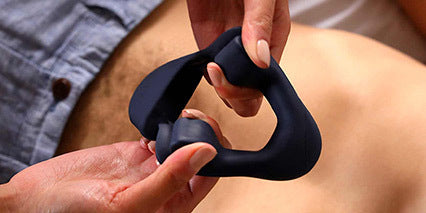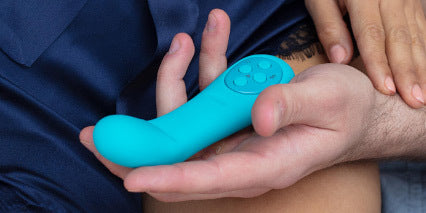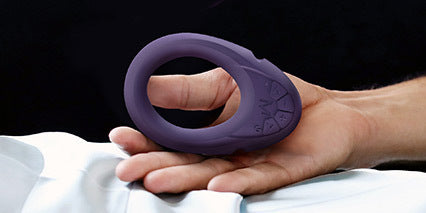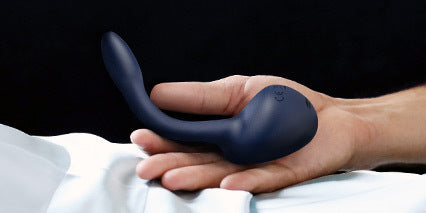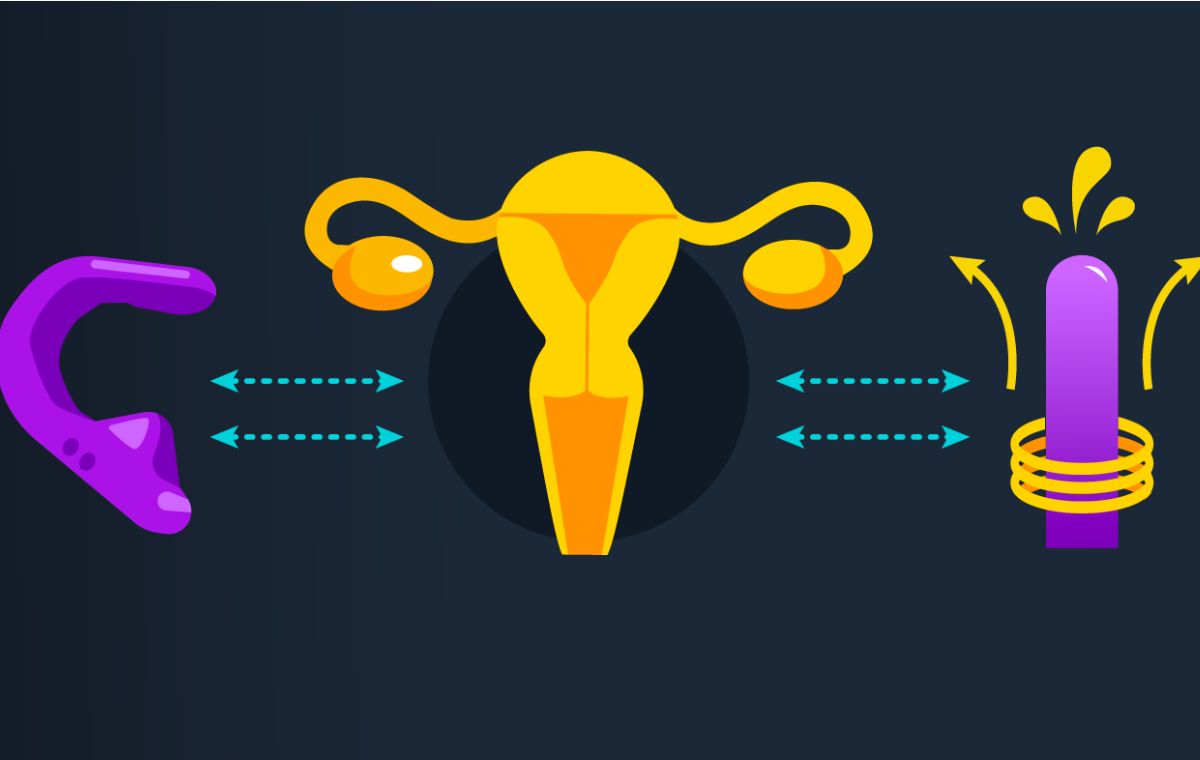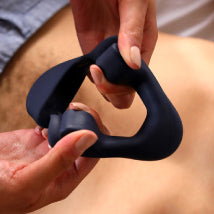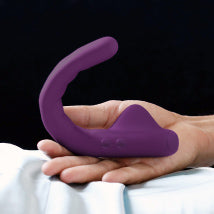Stress is a common experience that affects everyone, and it can have negative effects on physical, emotional, and sexual health. One of the most notable effects of stress is its impact on erections. When stress levels are high, it can lead to erectile dysfunction, which is a common condition that affects many men. Fortunately, there are ways to manage stress and reduce its impact on erections. In this blog, we will explore the connection between stress and erections and discuss strategies for mastering stress to improve sexual health.
The stress-erection connection
Stress can cause a range of physical and emotional symptoms, including anxiety, depression, and fatigue. It can also affect sexual function in several ways. One of the most common effects of stress on sexual function is erectile dysfunction. ED is a condition in which a man is unable to achieve or maintain an erection sufficient for sexual activity. Stress can lead to ED by causing changes in the body's hormonal balance, blood flow, and nervous system. For example, stress can cause an increase in the hormone cortisol, which can reduce testosterone levels and lead to ED. Stress can also cause constriction of blood vessels, which can reduce blood flow to the penis and impair erections.
Strategies for mastering stress
Fortunately, there are several strategies for managing stress and reducing its impact on erections. Here are some tips to help you master stress and improve sexual health:
1. Exercise regularly
Exercise is one of the most effective ways to reduce stress and improve overall health. Regular exercise can help reduce cortisol levels, increase testosterone levels, and improve blood flow to the penis. Aim for at least 30 minutes of moderate-intensity exercise most days of the week, such as brisk walking, cycling, or swimming.
2. Practice relaxation techniques
Before engaging in sexual activities, practicing relaxation techniques such as deep breathing, meditation, and yoga can help reduce stress and improve sexual function. These techniques can help reduce anxiety, lower cortisol levels, and improve blood flow to the penis. Try to set aside time each day to practice relaxation techniques, even if it's just a few minutes.
3. Get enough sleep
Sleep is essential for overall health and well-being, and it's also important for sexual function. Lack of sleep can increase stress levels, reduce testosterone levels, and impair erections. Aim for 7-8 hours of sleep per night, and try to establish a regular sleep schedule.
4. Maintain a healthy diet
A healthy diet is important for overall health and can also improve sexual function. Eating a diet that is high in fruits, vegetables, whole grains, and lean proteins can help reduce stress, improve blood flow, and boost testosterone levels. Avoid processed foods, sugary drinks, and excessive alcohol consumption, which can all contribute to stress and ED.
5. Seek support
Don't be afraid to seek support from friends, family, or a mental health professional if you're feeling stressed. Talking to someone about your concerns can help reduce anxiety and improve emotional well-being. You may also benefit from joining a support group or seeking counseling to help you manage stress and improve sexual function.
Conclusion
Stress can have a negative impact on many aspects of health, including sexual function. However, by mastering stress and adopting healthy habits, you can improve sexual health and overall well-being. Remember to exercise regularly, practice relaxation techniques, get enough sleep, maintain a healthy diet, and seek support if you're feeling stressed. By taking these steps, you can reduce stress and improve erections, leading to a happier, healthier sex life.


